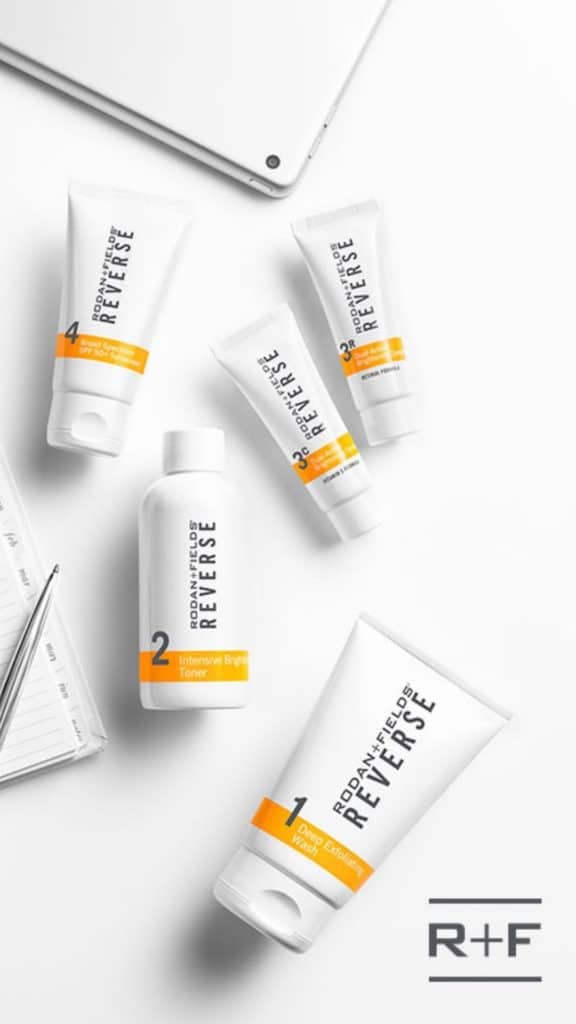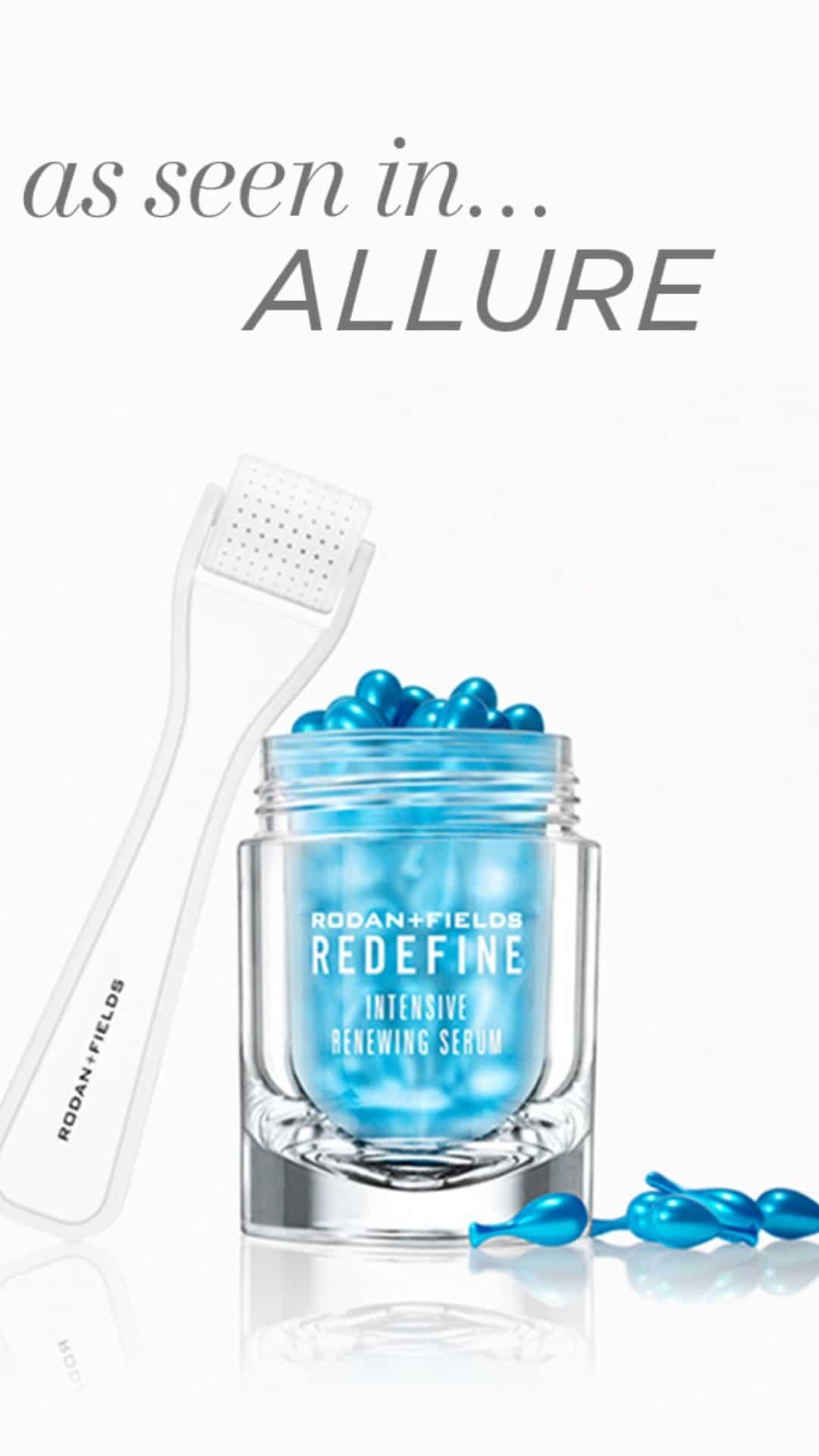Many skin care products in the market include Collagen as an ingredient.
FOR FIRMER SKIN, You CAN Look at Other Forms of Collagen?
Studies are supporting the idea that oral supplements made up of hydrolyzed collagen improve the skin. For example, in this 2015 study, oral supplements consisting of hydrolyzed collagen, hyaluronic acid and essential vitamins and minerals resulted in significant elasticity, hydration and wrinkle depth.
Therefore, let us start from the basics. What does Collagen mean?
Firstly, your skin is made up of many tiny fibres. So, these fibres are called Collagen. As you get older, your skin slows the production of Collagen, which impacts your skin wrinkles and sagging.
So it is no mystery that Collagen is a transforming protein that provides your bones, skin, tendons and ligaments with structure, basically a significant part of your body. In terms of skincare, the role of Collagen is essential from both a functional and cosmetic perspective.
Likewise, the truth is that the normal ageing process of everyone involves a decline in the natural development of collagen in the skin, which contributes to a variety of different cosmetic skin issues.
To clarify, these vary from lines and wrinkles to a lack of firmness and rough skin texture. In other words, these are the clear indicators of the skin’s lack of or reduced levels of Collagen.
If a person wants to look and feel young, then they should focus on boosting Collagen. firmer-looking skin
Types of Collagen – I Am Using.
Collagen is a common and abundant protein in our bodies. You can think of this as the glue that holds your body together. Almost all parts of your body contain it, most of which are found in your bones, skin, muscles, tendons, and ligaments.
There are 28 various kinds of Collagen in your body. Each type contains a slightly different amino acid sequence, which determines Collagen’s specific role and function in the body. Of the 28 types, five are the majority, with Types I, II and III being used in the most popular supplements on the market.
What Types Of Collagen Are Best Suited To Skin, Hair and Beauty?
Here is an overview of the principal kinds of collagen that are deserving of a mention:
- Collagen type I is a fundamental component of your skin that provides your skin with the elasticity for firmness and is detected in muscles, bones, blood vessels, and tendons.
- Collagen type II is found fundamentally in cartilage supporting joints.
- Type III collagen is formed up of organs, skin, heart tissue and blood vessels, vital for internal organ and skin functions.
- Collagen type I is regarded to be the most desirable for skin and beauty (i.e. anti-ageing). But there is currently a debate about whether taking a specific ‘type’ of collagen can directly help with the issue you are trying to deal with.
Is Gelatin a Collagen Type? Often you may see collagen and gelatin used interchangeably.
Collagen is found to a greater extent in connective tissue and skin, so when these elements are heated in cooking foods, the collagen breaks down and forms something called gelatin.
Is COLLAGEN taking the place of a probiotic?
Products are food supplements that contain probiotics and postbiotics rather than probiotic supplements. While probiotics are an important part of the Beauty Industry Products, they are just one element contributing to the many benefits.
While probiotics can often be found in the supermarket to carry only one or two species or strains that help promote microbial diversity. The addition of prebiotic-rich ingredients also helps nourish the beneficial bacteria in your intestine to enhance further and balance your digestive health.
If you have a medical condition under which your health practitioner has recommended a particular strain or species at a certain level, you may need additional supplementation.
Is COLLAGEN dairy-free?
Yes, COLLAGEN does not contain milk or dairy-derived ingredients.
Is COLLAGEN suitable for vegetarians and vegans?
Yes, COLLAGEN does not contain any animal-derived ingredients.
Is there any Vegan Sourced Collagen?
Yes, yes! If you are vegan, you can find herbal supplements on the market that do not actually have collagen but are produced using genetically modified yeast and bacteria.
These vegan supplements support the production of collagen using a combination of amino acids, minerals and vitamins.
With the various collagen sources that come to mind, I will break down the different ways you can consume it, along with better health and beauty collagen shopping tips.
Is COLLAGEN FODMAP friendly?
Yes, COLLAGEN is suitable for people with a low FODMAP diet and is certified as FODMAP Friendly.
Can men make use of COLLAGEN?
Men and women can take COLLAGEN and get the benefits from its use.
Can I mix COLLAGEN with a hot drink?
No, I recommend avoiding adding COLLAGEN to warm or heated substances as this may deplete the levels of beneficial bacteria; instead, enjoy cool, or room temperature drinks such as water, coconut water, juice, protein shake or smoothie. COLLAGEN should be stored in the refrigerator and consumed within 45 days of opening.
Is COLLAGEN safe to use when pregnant and/or breastfeeding?
Since there is insufficient evidence available to recommend the use of COLLAGEN, I recommend talking to your healthcare professional if you wish to use Collagen Products.
Can My Diet Make A Difference?
A balanced diet also helps the natural collagen development process. For example, having a diet rich in plant or animal-rich foods ensures you get all those amino acids. More nutrients that help create Collagen are zinc, vitamin C, and copper.
So, these nutrients you will find in fruits and vegetables. Zinc is present in beef, red meat and poultry, beans, nuts, crab, lobster and whole grains. Citrus fruits, broccoli, cauliflower, green and red peppers, tomatoes, potatoes, and winter squash contain vitamin C. Copper is in dark chocolate (yes!), shiitake mushrooms, nuts and seeds.
It Also Makes A Difference in What You Don’t Eat.
Avoiding things that naturally speeds up collagen damage as well. You are probably not startled by anything which is associated with declining collagen development.
Smoking and ultraviolet rays are the top ones to quit. And it’s crucial also what you don’t eat. That is to say, avoiding sugar-high foods or exceed several refined carbohydrates. These may also have a negative influence on the increased development of Collagen.
Concluding-As always, continuity is important.
How long do you should use a proper skin care regimen to see the results?
To sum up, it ordinarily takes around a month for skin cells to turn around. So, a good rule of thumb is to faithfully follow your skin care regimen to see noticeable effects on your skin.
Keeping with the skincare rituals of the morning and evening, and you’ll see youthful, radiant skin before you know it.



